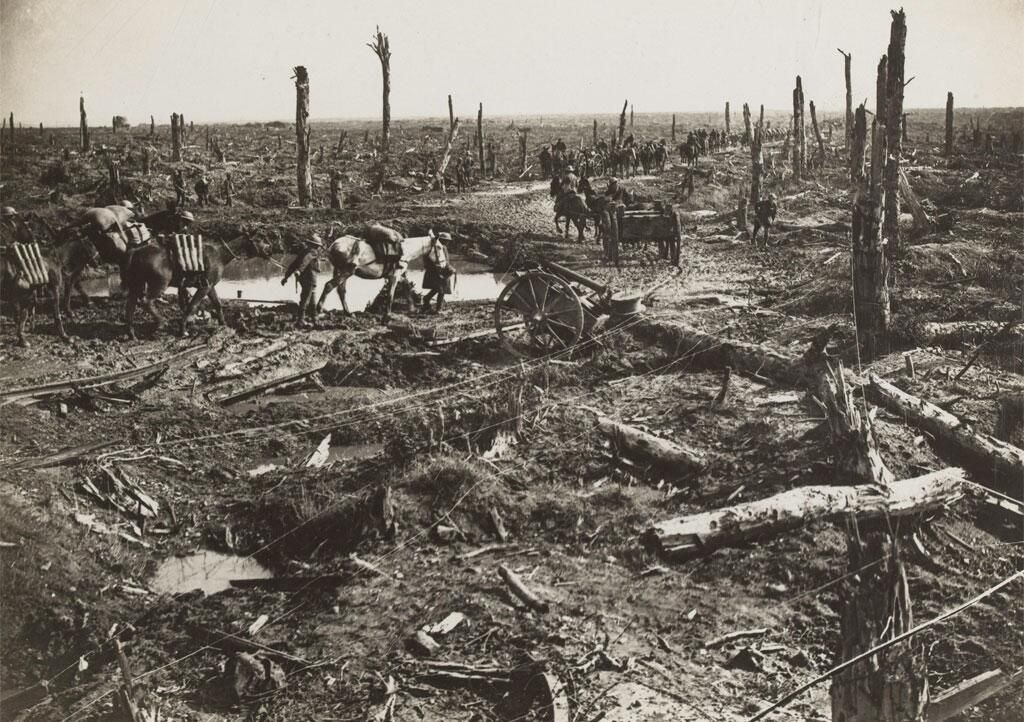From historical perspectives, the British colonialists’ basic criteria for choice of capital for their colonies were administrative convenience and security for the British personnel and the contribution of the selected city to the colonial economy. They were more mindful of the efficient running of the colonial economy, rather than the overriding interest of Nigeria.
“Consul Beecroft pitched his headquarters in Fenando Po for 24 years because he was not sure of Nigeria’s reaction. It was later moved to the old Calabar where the British were sure of the loyalty of the local chiefs and their people.
The Royal Niger Company on the other hand had their headquarters in Asaba and Lokoja. In the final years of 19th Century, the British took the responsibilities of the amalgamated Lagos, the Niger Coast Protectorate and all areas under the control of the Royal Niger Company. In the South two administrative units emerged; Calabar, for the Niger Coast Protectorate and Lagos, the headquarters of the Colony and Protectorate of Lagos.
“When the Northern Protectorate was created in 1900, the administrative headquarters was successively directed from Jebba, Lokoja, Zungeru and finally Kaduna, between 1900 – 1917. Due to the keen interest Luggard had in Kaduna he suggested that Lagos and Kaduna be used as two Capital Cities” (Bena 1974).
The question of position of Lagos first came up in the joint Lagos and colony conferences and also at the West Regional Conference which took place in 1949. By 1950 the majority of the members of the select committee of the legislative council recommended that subject to certain safeguards, Lagos be merged with the West, which the British accepted. These safeguards were designed to protect the position of Lagos as Nigeria’s Capital City. By the time of the Nigerian politicians’ assembly in London for the constitutional conference, Lagos municipality was separated from the Western Region.
Thus Lagos became and remained the Federal Capital until 1967, when as a result of emergency Lagos State was created, and hence assumed an additional role of State Capital. Accordingly, as described, “Capital City represents an arena for frontal collision between dissimilar heritages and value systems; a melting pot of culture; a dominant focus of cultural transmission and dissemination as well as a hot bed of political fermentation” (Bena 1974).
Source: dailytrustng




